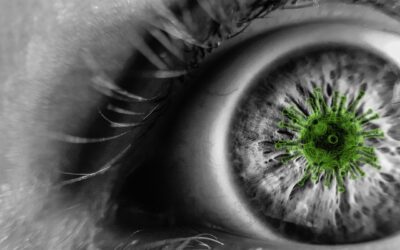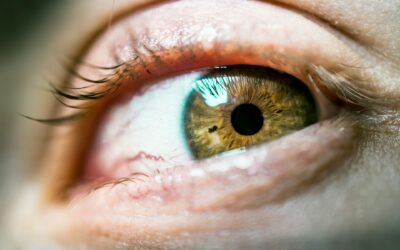Presbyopia, the inability to focus on objects up close, is a process that often begins to become more noticeable in an individual’s late thirties to mid forties. Multifocal lenses, usually being progressive lenses, are a great option that provide improved vision at various distances.
However, many also prefer to be free of glasses and look for a contact lens option. Today, there are a variety of lenses that are designed to provide the same multifocal ability as progressive or bifocal glasses lenses.
Our optometrist will find you the lens that fits your needs and eye anatomy, but it is a specific process that can take some time to fine tune. Below are some of the major components that we look for when deciding on a lens.
Your contact lens prescription
Each lens comes in a variety of powers, with the options varying between companies and product lines. After finalizing your prescription, our optometrist will make the necessary calculations and decide on the right lens for your specific needs and prescription.
In the case of high plus or minus lenses, only a few lines will have available options and the right lens will be selected for and trialled by you.
Contact lenses are chosen based on your eye’s anatomy
Each contact lens product line will come in specific sizes and curvatures. Your individual eye also has specific sizes and parameters.
It is important that our optometrist selects the correct parameters for you that allow for a good fit of the lens. A lens that is too tight or too loose can cause not only discomfort but also affect the amount of oxygen that gets to the eye.
In addition, our optometrist may also determine if you have a preference for one eye over the other. This is important because of the way some of these lenses are designed.
Select multifocal contact lenses are designed such that the center provides the correction necessary to see up close and the surrounding is for distance vision. The other eye will have the opposite correction in that the center provides proper distance vision and the surrounding area provides near vision.
Depending on your preference, our optometrist may select one eye over the other for primarily distance vision and vice versa.
Multifocal contact lenses can meet your visual needs
With the trial lens on, your vision will be assessed. It is important to keep in mind that multifocal contact lenses, while great for allowing viewing of varying distances, will often not provide vision as optimal as glasses.
There is often a compromise that must be made between the clarity of distance and near vision, as it is difficult to achieve perfect clarity at both ends. There is a happy medium that will be achieved that will allow for independence from glasses during regular daily tasks.
Depending on an individual’s visual needs, a prescription may be altered to allow for more near or distance clarity. It is common for our doctor to provide a variety of options for you to take home and test out in your daily life to see which ones work best for you.





